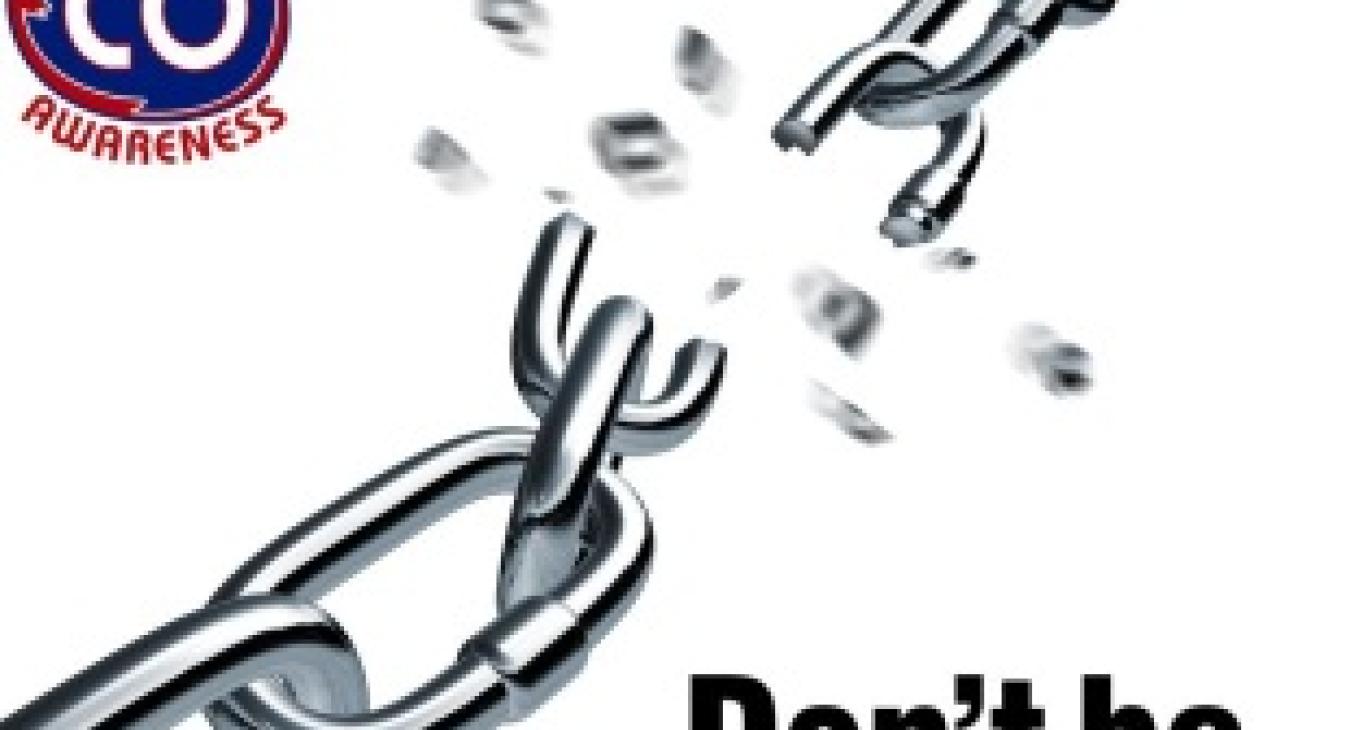To Mark Carbon Monoxide Awareness Week, NAPIT Warns Homeowners to Keep CO Aware
During National Carbon Monoxide Awareness Week, NAPIT, in support of Carbon Monoxide Awareness – a charity founded by one of the many victims of carbon monoxide poisoning – have urged people across the UK to keep carbon monoxide aware.
According to the Interim Chief Medical Officer of the Department of Health, around 4,000 people each year go to A&E, 200 people are hospitalised and around 50 die as a result of Carbon Monoxide poisoning.
Carbon monoxide (CO) – often called the ‘silent killer’ – has no smell, taste or colour. Symptoms of poisoning can also be easily mistaken for a range of often less serious medical problems. Many people could be suffering the slower effects of CO poisoning, unaware of their continued exposure. Symptoms of carbon monoxide poisoning can include:
Dizziness and nausea
Vomiting
Tiredness and confusion
Stomach pain
Shortness of breath and difficulty breathing
Feeling physically weak
· Headache
· Vertigo (a sensation of whirling and loss of balance)
Chronic exposure to lower CO concentrations may also lead to symptoms resembling influenza or food poisoning, whilst rapid exposure to high concentrations will lead to collapse and death within minutes – making awareness and prevention vital.
If you suffer from any of these symptoms and suspect CO poisoning could be the cause, go straight to your doctor and ask for a carbon monoxide test. The carbon monoxide levels in your blood will soon drop once you are outside and your doctor may not detect it.
Recognising the warning signs of poisoning is vital but it is often said that prevention is better than the cure. This is doubly true in the case of carbon monoxide poisoning as,for many victims, there is none. So here are some precautions you can take to minimise your risk of CO poisoning:
Check the colour of the flames in your appliances. If they are orange, there may be a problem. Whatever the colour, you should get your gas, oil, wood or coal appliances serviced every year.
Is there enough ventilation in your home? Make sure your chimney flue and any airbricks aren’t blocked. If your windows are double-glazed, your appliances may not have enough air and could produce carbon monoxide.
Eye level gas grills can be particularly dangerous, so check yours is working properly. Older cookers can also pose a risk, so don’t hesitate to get it checked if you suspect there may be a problem.
Are you a tenant? If you are, you should have a safety certificate from your landlord. The law states that your landlord should check the appliances in your home every year. Has your landlord fitted a CO alarm? If not, get one yourself. Landlords who are found guilty of neglect may be fined or even sent to prison.
One important thing you can do to protect yourself and your family from carbon monoxide is to get a CO alarm, approved to BS EN 50291. Fit it according to manufacturer’s instructions and check it regularly.
Don’t forget, if you are a homeowner and you’re; over pension age, disabled, chronically sick or receiving pension credit, council tax benefit or housing benefit, you can probably get a free Gas Safety check from your energy supplier – just take a look at the back of your energy bill for details. If your home is rented then your landlord must provide a Gas Safety check every 12months.
Lynn Griffiths is one of the key advocates of Carbon Monoxide awareness week in the UK. Back in 2005, after realising that she and her family had been slowly poisoned by carbon monoxide for over a decade, Lynn founded the registered national charity, Carbon Monoxide Awareness, and has been campaigning tirelessly to promote a better understanding of the ‘silent killer’ ever since, striving to help more families avoid the same ordeal.
NAPIT, a registration body for trade installers, have been actively promoting safety in the home and workplace for over 20 years and are committed to supporting Carbon Monoxide Awareness.
The charity offer ongoing support to the victims of carbon monoxide poisoning. If you would like to get involved, they are actively seeking volunteers to support their promotion of CO awareness and fund-raising efforts.
To find out more about the dangers of carbon monoxide poisoning and how to avoid them, or to get involved with the charity, visit their website at www.covictim.org.

